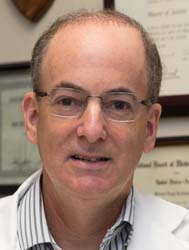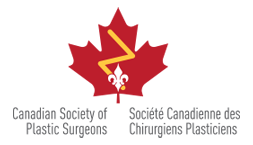Travel for Cosmetic Surgery
A recent post in RealSelf:
Hi. I had a facelift, lower and upper blepharoplasty done in Turkey. It’s been 8 months and I am left with horrible scarring at my ears and lower eyes. The scars at my ears are really bad, I feel like it’s pulling the skin and it can tear. I’m scared. I tried to contact the doctor who did the surgery but he will not answer me, and I think I am blocked. I don’t know what to do. I’m embarrassed. Help.
I write as a surgeon who includes national and international travelers in his practice, and I do see opportunities for good in travelling to have surgery.
- Many of our travel patients come from communities where there is no surgeon with the necessary skills. And once you are travelling 4- 6 hours to have surgery, it isn’t that different whether you are driving or getting in a plane.
- Some of our patients learn about our practice and choose to travel to see us even though they live in a big city with the local expertise to do the work. Reputation, reviews and the like can be persuasive and motivate patients to leave their city even for routine procedures. Indeed, being too familiar with the surgeon in town can taint your opinion and lead you to seek out ‘Dr. Perfect’ in another city.
- You might want to recuperate out-of-town either to remain anonymous and keep your surgery secret, or because you have supportive family/friends there that you don’t have where you live.
- The surgery you seek may not be available locally, perhaps because the sub-specialty skills are lacking, the operation is not allowed, or the necessary devices/implants are banned in your country.
- The cost of surgery may be (dramatically) less. This motive requires some careful research and reflection, as there are many hidden costs of surgery not included in the surgery fee (see below).
- Combining surgery and a vacation can be appealing. If you can’t go in to work, you might as well enjoy your time off.
The potential pitfalls of travel and surgery can be less obvious:
- Hidden costs. Travel and accommodation have costs. Personal supports for nursing, daily tasks and local travel have costs. Less obvious are the costs of a return trip to manage an undesirable result or complication, or the costs of local hospital care or evacuation back home if things go poorly. Your travel medical insurance will not cover costs associated with cosmetic surgery.
- Decision making will be compromised. If you only see your surgeon a day or two before (or worse, the day of) surgery, you will feel pressure to make a hasty decision you would normally spend days on with the support of others. You travelled thinking you were getting liposuction, but your surgeon says you will need a brachioplasty for good results on your arms. That’s not a good decision to rush. Or the world-famous surgeon you thought you would see is on vacation, but his assistant is ready to do the work- “he does it all the time”. Are you going to waste your travel costs and go home, or risk it with the new guy?
- Standards of care are not the same everywhere, and generally places with low costs and low minimum wages are not consistently high standard. A chain is as strong as its weakest link, and if the people who clean and sterilize instruments are poorly educated, or the practice uses cheap counterfeit drugs you have an important weak link in your care. And even if your surgeon’s practice is first-rate, if you need hospital care for a drug reaction, is it even available?
- Communication can be difficult based on foreign language or unfamiliar customs. In Canada, frequent communication with the surgeon’s office is a given. In some countries, it is considered impertinent, and a surgeon in another country may not feel any need to manage a complication or unhappy patient who is now outside their jurisdiction.
- It will be difficult to find a local surgeon to help out once you come home. If someone with bad results or a complication is sitting in my waiting room, a new consult in the room will assume I was the original surgeon- not good for business!
- Travel itself incurs risks. Dehydration and immobilization in a plane seat increase your risks of deep vein thrombosis (a.k.a. Economy-class syndrome), and dealing with an airplane-acquired cough after a tummy tuck is not fun.
- Bundling: patients who travel for surgery are more inclined to ask for multiple procedures at once to make the trip ‘worthwhile’. Bigger operations carry bigger risks.
Travel for cosmetic surgery can be a great experience, but be sure to consider the risks along with the rewards before you make your decision.















